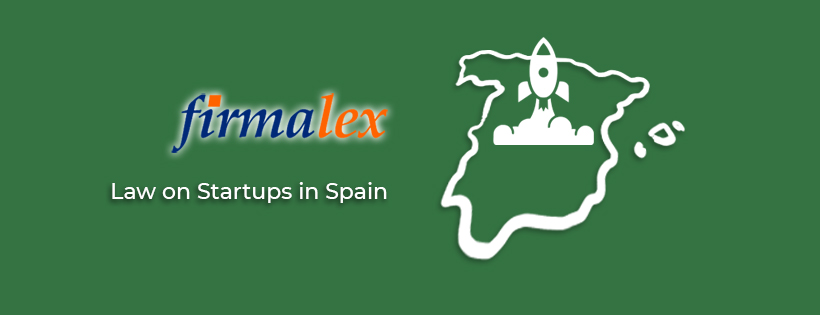Last December, the Council of Ministers approved the draft Statups Law, which is expected to be definitively approved by the summer of 2022, with the aim of attracting talent and investment and supporting fast-growing, technology-based companies, thus placing Spain on a par with leading countries such as Germany, France and Estonia.
The aim is to regulate and make more flexible all the activities that start-ups have to carry out with the Administration throughout their life cycle, especially at the beginning.
Among its main advantages are the following.
Administrative flexibility for setting up a company
Enisa and the National Entrepreneurship Office will be in charge of the certification process, providing a one-stop shop to speed up the management of procedures when setting up a company online and without public costs.
The government has reported that it will take an average of 6 hours to a maximum of 5 days if you want to make personalised statutes.
Tax incentives for entrepreneurs
Among the tax incentives for entrepreneurs is a reduction in the corporate income tax rate and non-resident income tax, from the general rate of 25% to 15% in the first four years after the taxable income is positive.
Changes to Stock Options under the new Startups Act
The changes introduced in the limit for Stock Options with the new Startups Law allow tax exemptions of up to 50,000 euros, as opposed to the current 12,500 euros.
In addition, their taxation will be postponed to the moment when they are sold, such as when they are floated on the stock exchange.
Circulation of knowledge
The main requirements that technology-based companies, understood as those that require intensive use of new technologies and technical knowledge, must meet in order for this new law to apply:
– Be a newly created company, with no more than five years having passed since its incorporation.
– It must have its headquarters or permanent establishment in Spain.
– 60% of the workers must have a contract in Spain.
– Not distribute dividends.
Attracting talent
With regard to attracting talent, the tax regime for Non-Resident Income Tax is improved, applicable to managers and employees of start-ups, investors and digital nomads, who will be able to access a special visa for up to 5 years, as well as favouring the return of talent by reducing to 5 years the previous non-residence requirement in Spain to access this special regime.
Yes to serial entrepreneurship
Some modifications have also been introduced in the definition of startups, to allow serial entrepreneurs (those who have set up several new companies) to benefit up to three times from the law, which reduces corporate tax by up to 15% in the first four years of life, and also introduces the possibility of deferring payments of other taxes for two years.
And to digital nomads
The procedures for obtaining visas are streamlined, especially for Spanish startups or digital freelancers, which include a reduced tax rate. Investors who are not resident in Spain will need a NIF, and not a NIE, and the return of talent is also contemplated, and prior non-residence in Spain to access the special visa is reduced to 5 years.
Solve your doubts
✅ Our staff speaks perfectly Spanish, Valencian, English and German with what will be able to communicate with us in your own language and thus clearly resolve your queries.
📍 Denia – Plaza del Convento, 6 – Mezzanine floor door B
📍 Valencia – Calle Creu Roja, 1 – Block 6, Floor 1, door 10 (* only by appointment)
✉📞 Contact: info@firmalex.com – Tel. +34 966 421 416 – Whatsapp +34 622 497 615



